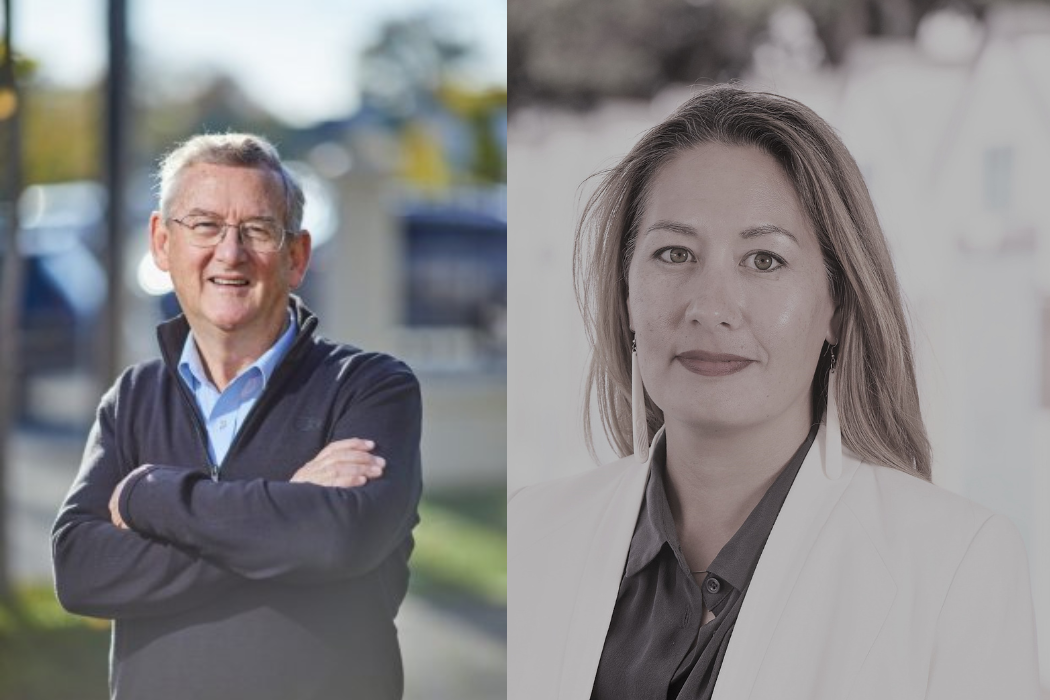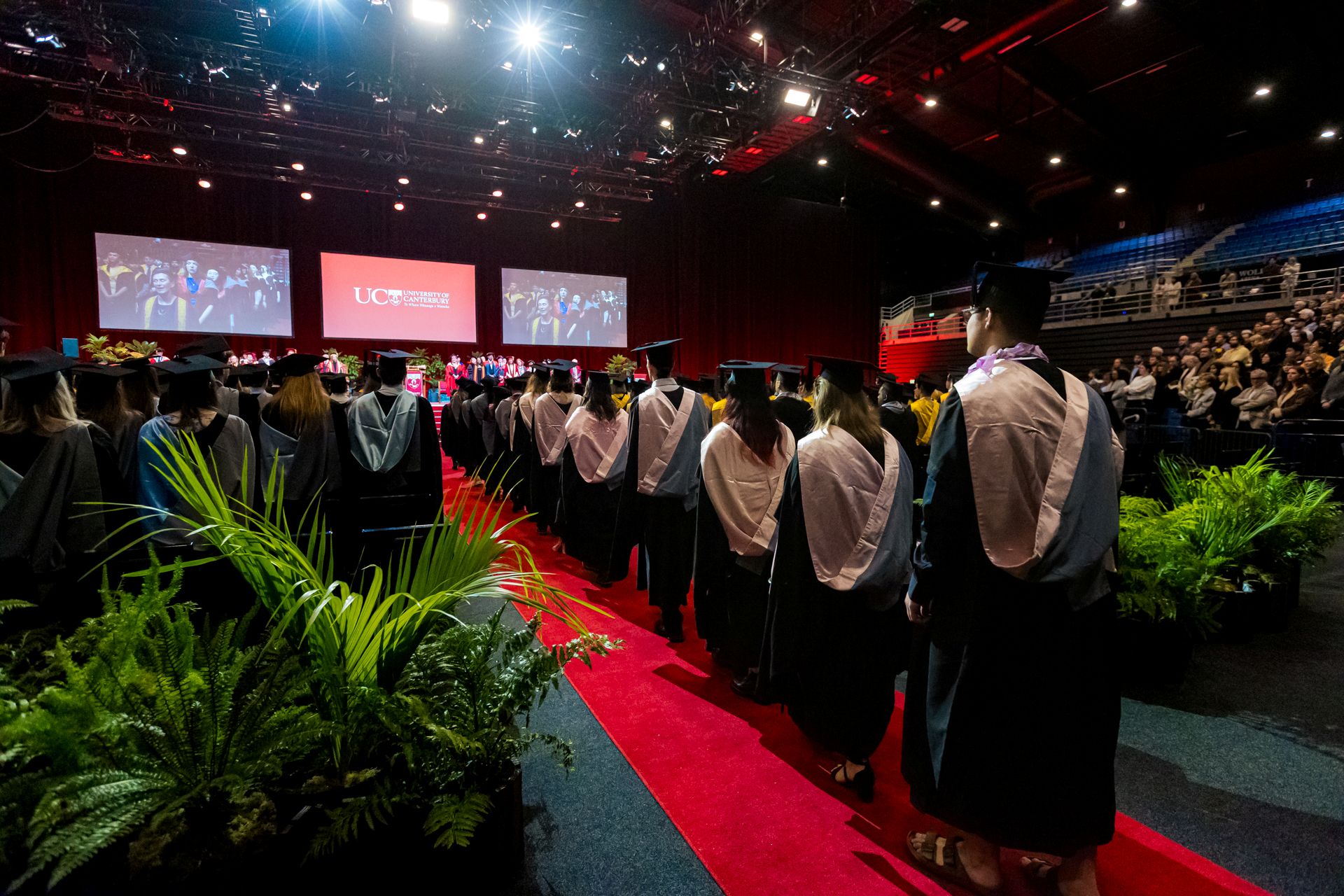New research funded by A Better Start National Start Challenge advances science at international levels and addresses an urgent need to reduce inequalities in educational and mental health outcomes for Māori, Pasifika and those from low-income families.
The project is led by Associate Professor Brigid McNeill and Professor Gail Gillon at the University of Canterbury’s (UC) Child Well-being Research Institute, supported by Professor Angus Macfarlane Professor of Māori research at UC.
The project directly addresses the Challenge’s objective of reducing the current inequalities in education and healthy wellbeing.
Māori children are four times, and Pasifika children three times, more likely than other ethnic groups to fall below the international benchmark for reading. Māori children (aged 3-14 years) are 1.8 times more likely than non-Māori to have emotional, social or behavioural difficulties, while mental illness is twice as likely for Pasifika children.
The aim of this project is to investigate interventions, which are designed to accelerate word learning in 3-6 year old children from low socioeconomic backgrounds, including those children learning in Te Reo Māori and Samoan language contexts. Over 800 children and their whānau will be invited to participate in the project and will involve both quantitative and qualitative analysis.
“We need to be supporting children and their whānau from the early childhood period to set a solid foundation for learning and resilience,” says Associate Professor Brigid McNeill.
“This project extends the first phase of the Challenge research and builds on strong stakeholder engagement. The project will be of particular relevance to the Government’s Child and Youth Wellbeing Strategy, which is closely aligned with A Better Start’s vision that every child should have the best start in life,” says Professor Gillon.
The foundations of early literacy success and subsequent educational achievement and healthy wellbeing are developed in the early childhood period.
“This research is an urgent national priority in Aotearoa, New Zealand,” says Professor Wayne Cutfield, A Better Start’s Director. “It will increase our understanding of effective interventions for children from low income families, and those from bi / multilingual family contexts, that support early learning success across languages and in ways that build children’s resilience, cultural connectedness and wellbeing,” he says.
The focus for the study is driven from community with whānau, educators and health professionals looking at how best to support children experiencing community stress, particularly in the Canterbury region. The project is aligned to other significant research projects that Professors Gillon, McNeill and their research team are involved in via the Ministry of Education, Rātā Foundation and Mana Ake.
“This project builds on previous evidence of what leads to more successful learning outcomes for young Māori,” says Professor Gillon. “It also includes priority areas of whānau engagement in children’s learning and will advance our knowledge of how children learn new words across languages such as Te Reo Māori and English.”
A Better Start National Science Challenge is hosted by the Liggins Institute at the University of Auckland and funded by the Ministry of Business, Innovation and Employment.
Read more about A Better Start National Science Challenge here


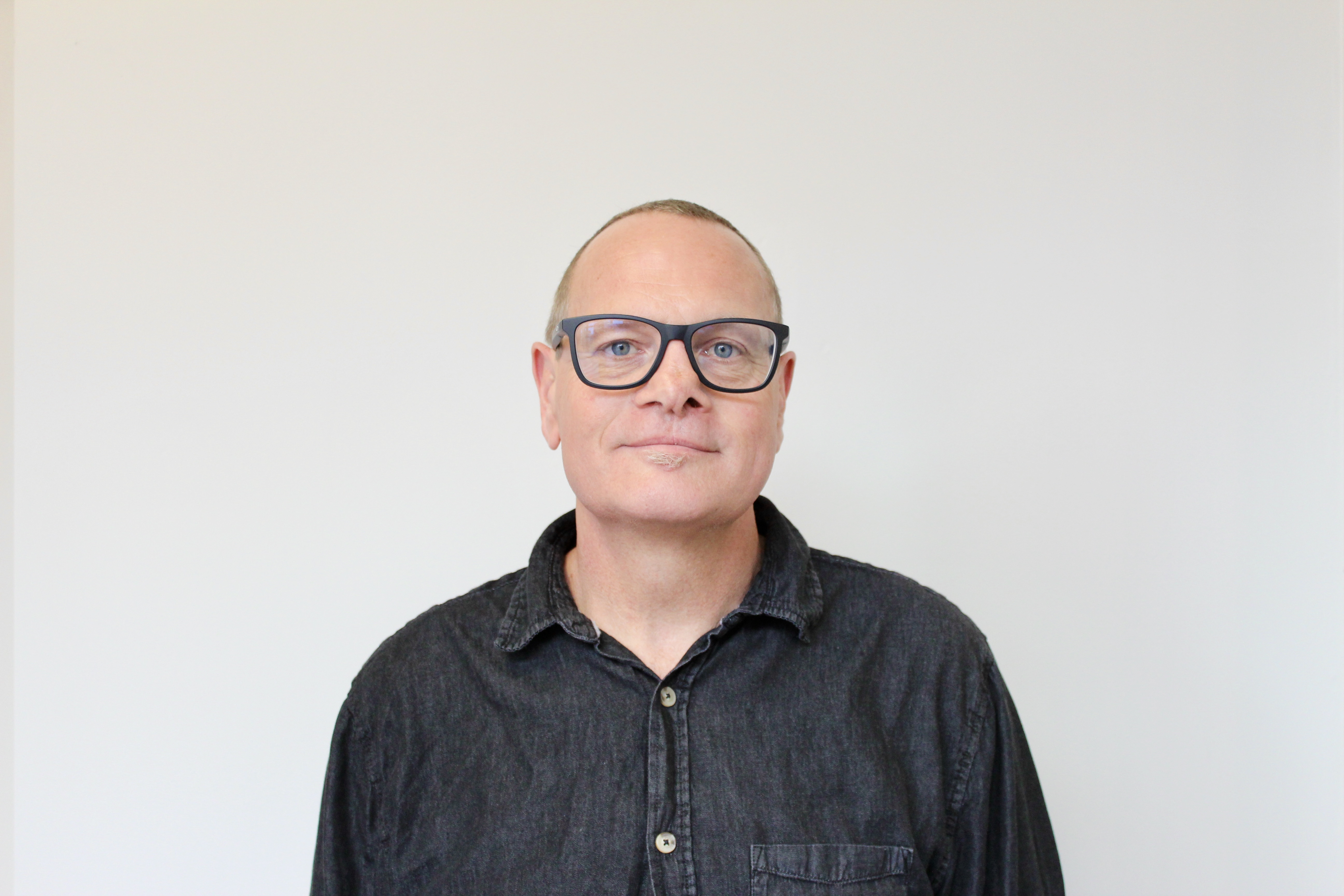
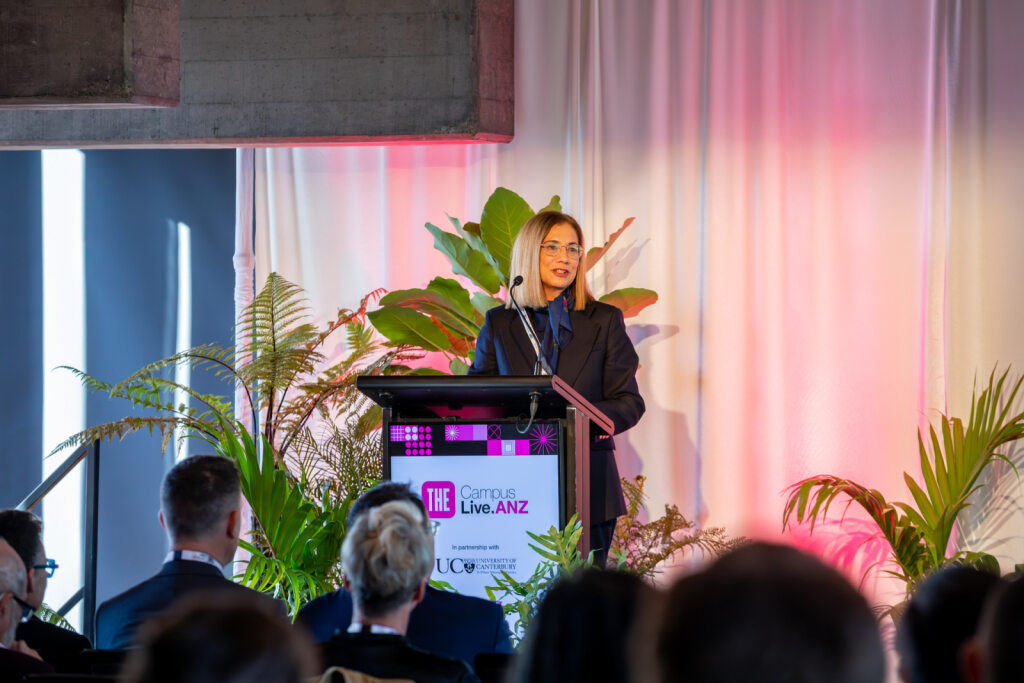
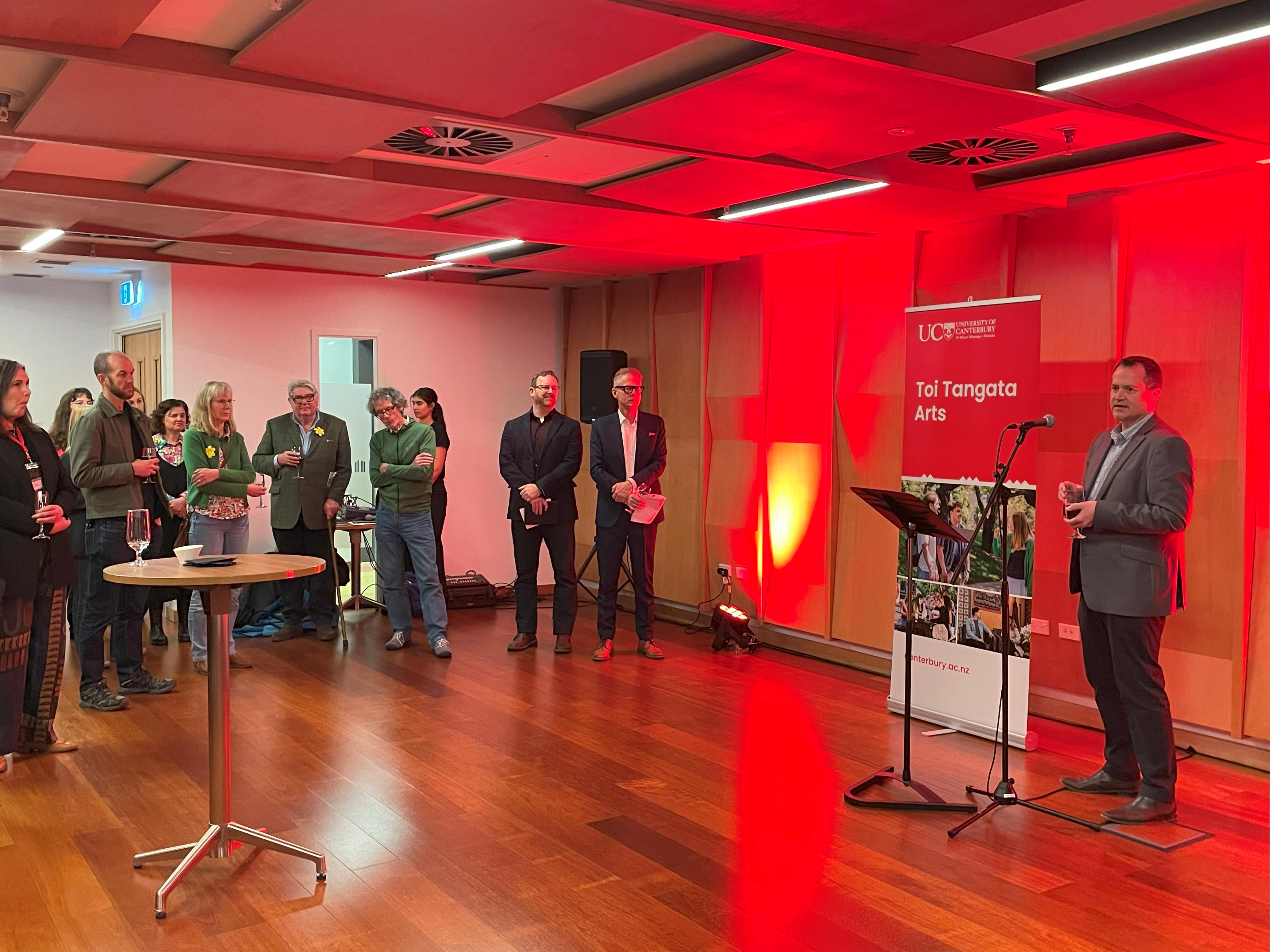
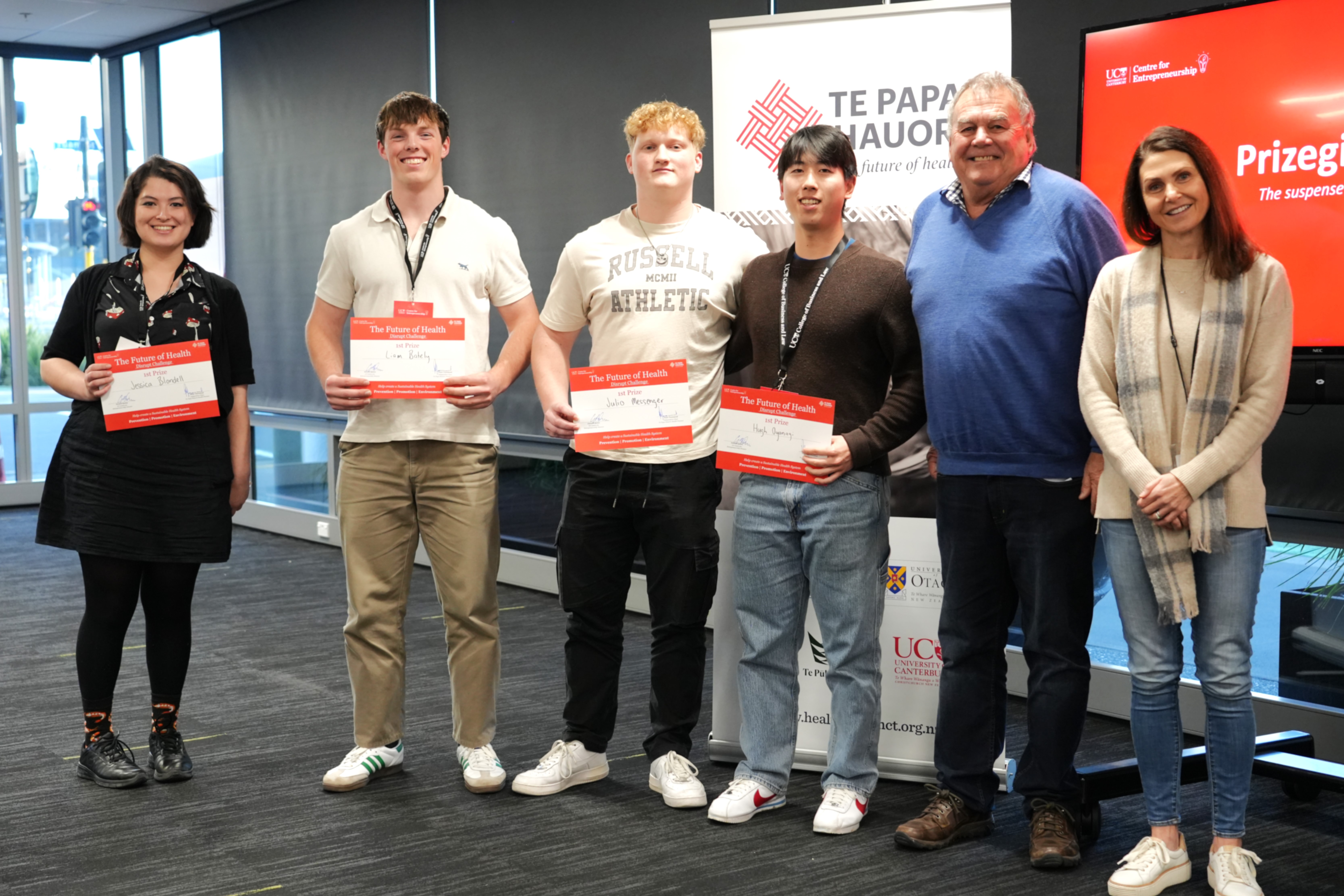
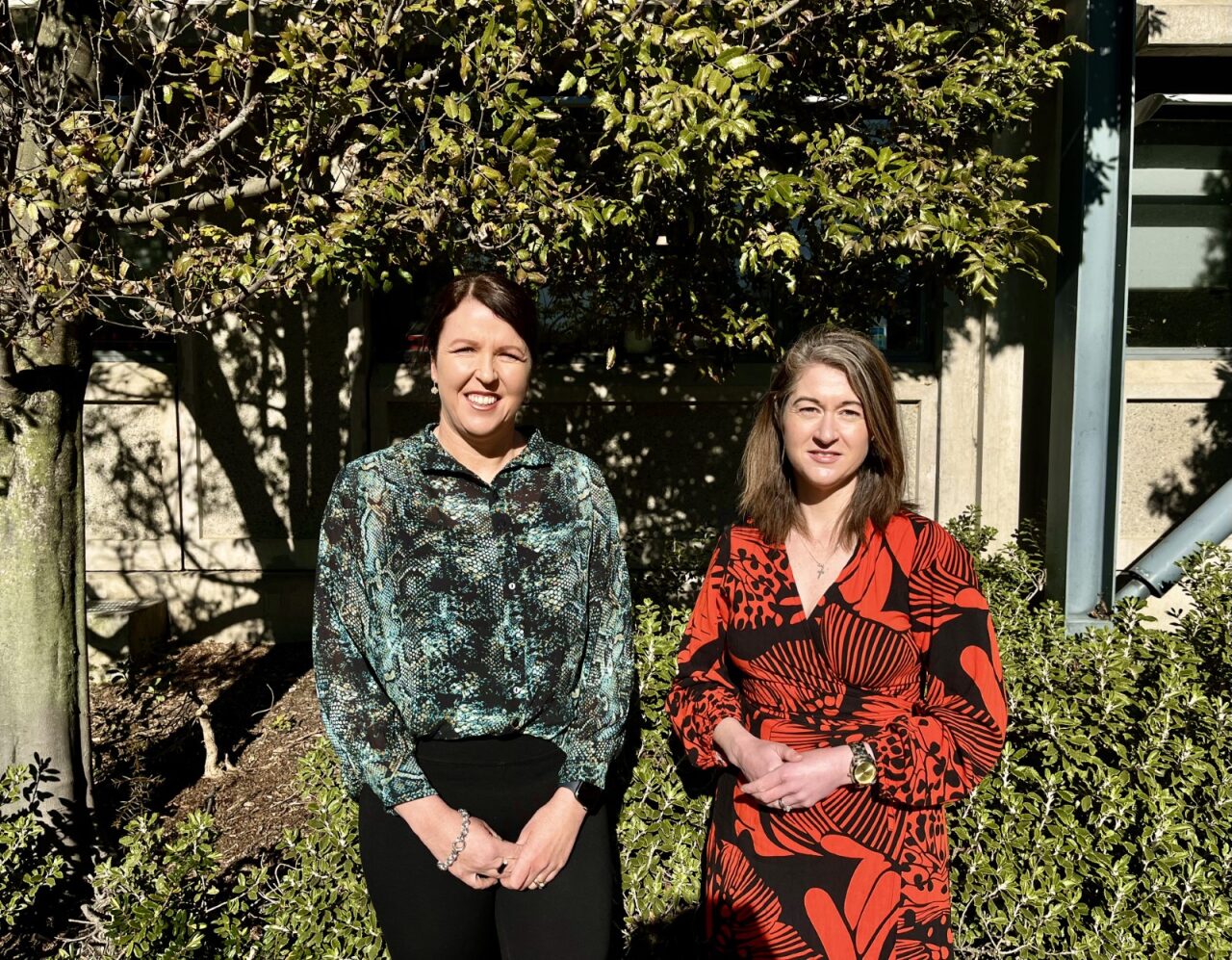
.jpeg)
